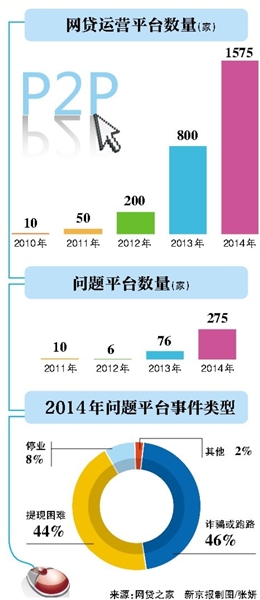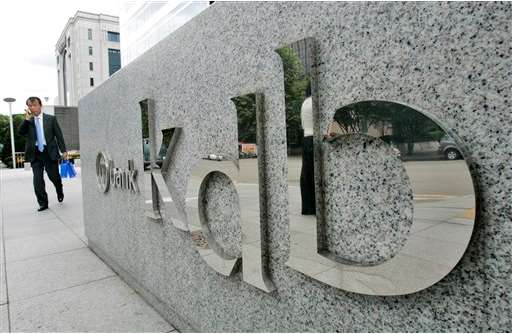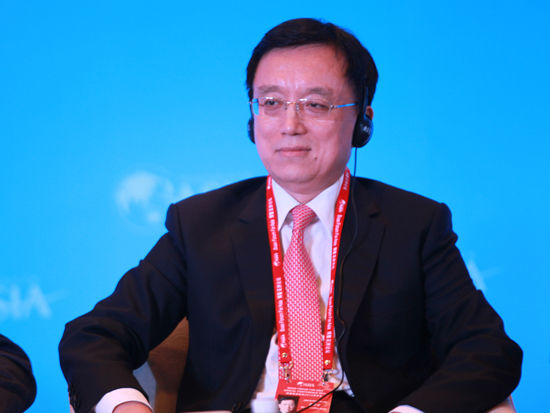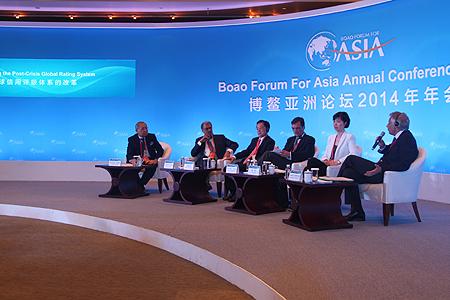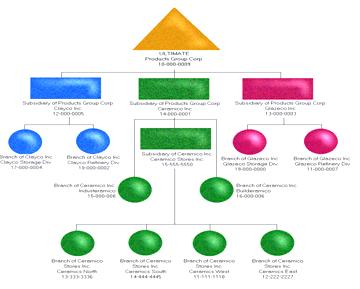惠誉评级—香港—2013年7月26日:惠誉评级已确认中国人寿保险股份有限公司(中国人寿)的保险公司财务实力评级(IFS)为‘A+’级。评级展望稳定。关键评级驱动因素 该评级反映了中国人寿实力雄厚的零售网点、强大的 ...
惠誉评级—香港—2013年7月26日:惠誉评级已确认中国人寿保险股份有限公司(中国人寿)的保险公司财务实力评级(IFS)为‘A+’级。评级展望稳定。
关键评级驱动因素
该评级反映了中国人寿实力雄厚的零售网点、强大的分销能力,以及稳健的风险资本金水平。基于中国人寿多数股权为政府持有,及其拥有超过一亿长期投保人的庞大的保户基础,此评级还考虑到了财政部在资本和政策方面可能提供的支持。但是,该评级受到其收益业绩的波动性和风险集中于国内市场、以及持续的市场竞争的制约。
中国人寿通过实施增加期交保单的战略来获得持续性增长。2012年,该公司在国内市场占据32.4%的份额,排名第一。虽然其首年总保费下降了14.6%,但新业务价值提高了3.1%。这是因为利润率更高的长期期交保单产品销量的增加帮助抵消了趸交保费产品销量的下降。
中国人寿的利润率依然对投资业绩,尤其是国内股票市场的波动性比较敏感。惠誉预期,由于国内经济增长放缓,投资业绩可能难有起色,并将对中国人寿的收益水平带来压力。去年股票投资大量减值损失导致收益率仅为2.8%,税前资产收益率仅为0.6%。
惠誉认为,中国人寿仍然拥有吸收潜在收益波动的适当资本缓冲。截至2012年底,该公司所有者权益与资产比例为11.7%,属于国内较高水平。中国人寿自2011年发行了300亿元人民币的次级债后,于2012年再次发行380亿元人民币的次级债以提高其偿付能力充足率。因此,公司财务杠杆率上升,调整后债务/资本比率达到23.4%(2011年底为13.4%),但是2012年底其偿付能力充足率得到了加强,达到235.6%(2011年底为170.1%)。
评级敏感性
鉴于中国人寿的风险(尤其是投资)集中于中国境内,以及可能受到的国家的支持,中国人寿的信用状况取决于国内经济行情和主权信用状况。
负面的评级驱动因素包括:主权提供支持的意愿或能力被认为弱化、资本金水平严重弱化导致偿付能力充足率持续低于150%,以及调整后债务/资本比例持续维持在30%以上的高位。反之,中国的主权风险状况的改善为中国人寿评级的正面因素。
英文:
Fitch Ratings-Hong Kong-26 July 2013: Fitch Ratings has affirmed China Life Insurance Company Limited's (China Life) Insurer Financial Strength (IFS) Rating at 'A+'. The Outlook is Stable.
KEY RATING DRIVERS
The rating reflects China Life's well-established franchise, strong distribution capability, and sound risk-based capitalisation. The rating also factors in implicit capital and policy support from the Ministry of Finance, in light of the state's majority ownership and the insurer's large policyholder base of more than 100 million long-term policyholders. These strengths are, however, moderated by the insurer's volatile earnings performance, risk concentration in China and keen competition.
China Life has followed a strategy of increasing regular-premium policies for sustainable growth. It held onto the largest share of 32.4% in China's life insurance market in 2012 with new business increasing 3.1% by value, despite a fall of 14.6% in first-year premiums. This was because higher sales of more profitable long-term regular-premium products helped offset a volume decrease in single-premium policies.
China Life's profitability remains sensitive to investment performance, particularly fluctuations in the domestic stock market. Fitch expects investment conditions to remain challenging as domestic economic growth slows and to constrain China Life's earnings performance. Last year significant impairment losses in equities resulted in a low investment yield of 2.8% and modest pre-tax return on assets of 0.6%.
China Life's capital buffer remains adequate to absorb potential earnings volatility, in Fitch's view. Its equity-to-assets ratio was among the highest in China at 11.7% of total assets at end-2012. The company issued CNY38bn of subordinated debt in 2012 after a CNY30bn debt issue in 2011 to support its statutory solvency margin. This resulted in an increase in financial leverage with an adjusted debt-to-capital ratio of 23.4% (13.4% at end-2011) but a strengthened regulatory solvency margin ratio of 235.6% at end-2012 (170.1% at end-2011).
RATING SENSITIVITIES
China Life's credit strength is dependent on domestic economic conditions and sovereign strength, given its risk concentration (particularly its investments) in China, and implicit state support.
Negative rating triggers include perceived weakening in sovereign willingness or capability to support China Life, substantial deterioration in capitalisation with the regulatory solvency margin ratio to below 150% on a sustained basis, and a prolonged high adjusted debt-to-capital ratio at above 30%. Conversely, an improvement in China's sovereign risk profile could be a positive rating trigger for China Life.



